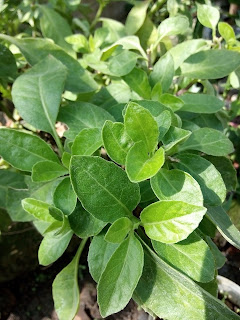haiku
The Definition
A syllable is a part of a word pronounced as a unit. It is usually made up of a vowel alone or a vowel with one or more consonants. The word "Haiku" has two syllables: Hai-ku; the word "introduction" has four syllables: in-tro-duc-tion.
A syllable is a part of a word pronounced as a unit. It is usually made up of a vowel alone or a vowel with one or more consonants. The word "Haiku" has two syllables: Hai-ku; the word "introduction" has four syllables: in-tro-duc-tion.
"Haiku" is a traditional form of Japanese poetry. Haiku poems consist of 3 lines. The first and last lines of a Haiku have 5 syllables and the middle line has 7 syllables. The lines rarely rhyme.
Here's an example of Haiku:
I am in the crowd
I see nothing hear no sound-
Just whispering wind
I see nothing hear no sound-
Just whispering wind
Since Haikus are such short poems, they are usually written about things that are recognizable to the reader. Animals and seasons are examples of recognizable topics children might enjoy exploring.
What am I? Haikus:
These haikus act like a riddle. The writer uses the Haiku to describe something. The other children in the class can guess what the poet was describing after listening to or reading the Haiku.
The poem can be read aloud by the poet with their classmates guessing the answer after it is read or all the Haikus can be hung on the bulletin board giving everyone the chance to read and guess.
Here are two examples of "What am I?" Haikus:
| As white as cotton Floating high in the air shaded from sun shine | In the dark I love my head pointing the ground sleep when light is on |
Some other haikus:
It's congenial
You smoke in air pouch
I'm breathing fresh air
Sparrow cried aloud
Thousand drops of dew shining-
Warm peaceful morning
Shining so brightly
Wipe the yellow leaves away
Suck the plant to die
source: www.kidzone.ws

Comments
Post a Comment